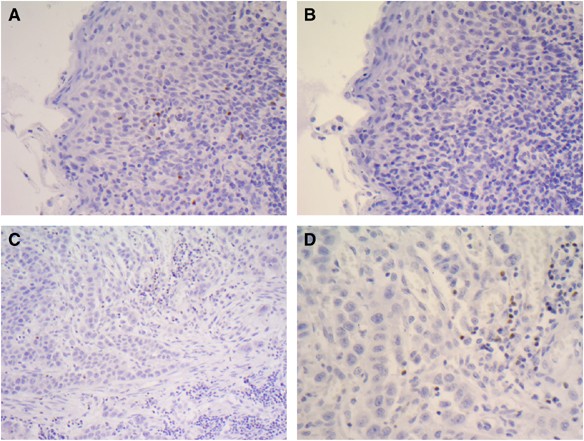
- Select a language for the TTS:
- UK English Female
- UK English Male
- US English Female
- US English Male
- Australian Female
- Australian Male
- Language selected: (auto detect) - EN
Play all audios:
Umberto Giordano’s _Andrea Chenier_, the greatest opera about the French Revolution, features two children as minor focal points. One is a boy in Act III, whose grandmother donates him to
the revolutionaries to fight and die for France, like her sons. The other is a girl, whose mother is to be guillotined. The aristocratic Maddalena di Coigny takes the mother’s place in Act
IV, sacrificing herself to be with her beloved, the poet Andrea Chénier, who has been condemned to death in a revolutionary court. The doomed couple originally met (in Act I) at her mother’s
sumptuous chateau, where Chénier as a guest has already perceived Maddalena’s humanity and capacity for love, in an otherwise cold household. We see her mother, the Countess, driving away a
revolutionary mob led by their valet Gérard, who was born in the household and is secretly in love with Maddalena. Five years later, during the Reign of Terror (Act II), Chénier meets
Maddalena again, and they express their love, but Gérard has set his spies on her. As he interrupts them, Chénier wounds him with a sword. Weeks later Gérard has recovered and Chénier is
arrested. Maddalena emerges from hiding and tries to save him by offering herself to Gérard, a selflessness that revives his humanity. He attempts to save Chénier — but it is too late. All
he can do is to allow her to change places with a mother who is being tragically separated from her young daughter. As the tumbril arrives, the lovers look forward to their death together.
_Andrea Chenier_ is the best of some dozen operas Giordano composed. The theatrical effectiveness of its libretto by Luigi Illica (who wrote for Puccini and others) inspired the composer to
create superb orchestration, rendering this one of the greatest verismo operas in the repertoire. First performed in 1896, a century after the events it depicts, the opera is true to the
spirit of the 1790s, when the Revolution began to devour its children. As Gerard sings, “While I kill, I weep”. A death wish seemed to pervade the air, and as the shadows close around
Chénier and Maddalena, they look to the guillotine with a kind of longing, a guarantor of meaning and transcendent value. “Vive la morte!” they sing together at the end of this
extraordinary, dark yet vibrant opera. As Chenier himself, Jonas Kaufmann was superb, with Sondra Radvanovsky singing gloriously as his beloved Maddalena. Both inspired sustained applause,
as did the Mongolian baritone Amartuvshin Enkhbat as Gerard after his great aria in Act III, when he sings of how his path once shone with glory … to eliminate the tears of the downtrodden …
to turn men into gods and in a single kiss to embrace all of mankind! Yet he has filled his heart with hatred … everything is a lie! The only truth is passion! It is one of the great
baritone arias in opera, beautifully delivered. Although these three are the main protagonists the rest of the singing was excellent, notably Rosalind Plowright as the countess, French mezzo
Katia Ledoux as Maddalena’s maid Bersi, the only person who stands by her, and Elena Zilio as the old lady who brings her grandson on to fight and die for the revolution. The lyrical nature
of Act I was beautifully portrayed under the baton of Antonio Pappano, who subtly changed emphasis later to passion and determination. The House was packed to the gills, as well it might be
for Pappano’s last performances as music director, leaving on a high note with a gripping opera and luxury casting. For those who cannot go to Covent Garden, there is a live cinema relay on
the 11th June. A MESSAGE FROM THEARTICLE _We are the only publication that’s committed to covering every angle. We have an important contribution to make, one that’s needed now more than
ever, and we need your help to continue publishing throughout these hard economic times. So please, make a donation._



![[withdrawn] near miss with a track worker at llandegai tunnel](https://assets.publishing.service.gov.uk/media/6051d710d3bf7f0455a6e604/s960_Llandegai_tunnel.jpg)




